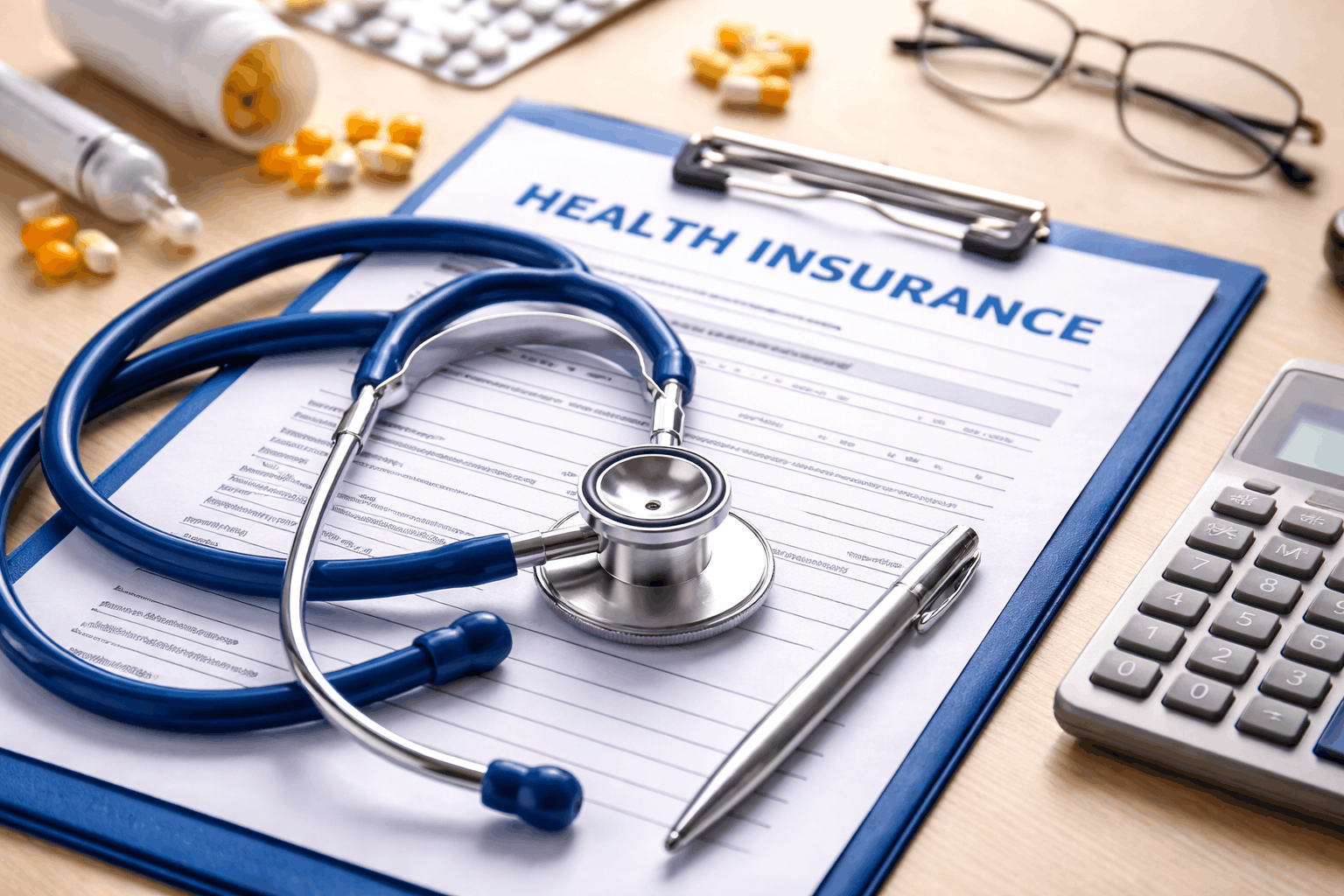|
Getting your Trinity Audio player ready... |
In a firm yet diplomatic tone, External Affairs Minister S. Jaishankar has addressed growing concerns over proposed U.S. sanctions on Russian oil, signaling India’s resolve to safeguard its national energy interests amidst shifting global geopolitics.
The controversial bill, introduced by U.S. Senator Lindsey Graham, proposes a massive 500% tariff on countries continuing to import oil, gas, uranium, and related products from Russia. With over 80 co-sponsors in the U.S. Senate, the bill has quickly gained momentum, triggering unease among key oil-importing nations — including India.
Responding to the bill, Jaishankar said, “We will cross that bridge when we get there. We are in close contact with Senator Graham, our embassy, and other officials. Our energy security concerns and strategic interests have been clearly communicated.”
India’s Position: Balancing National Interests and Global Alliances
India’s response to U.S. sanctions on Russian oil highlights a complex balancing act — maintaining vital energy imports while deepening ties with Western allies. Since the onset of the Russia-Ukraine war in February 2022, India’s imports of Russian crude have surged from less than 1% to over 44% of its total crude oil basket, according to international trade reports.
This increase reflects both economic pragmatism and energy security needs. As global oil prices fluctuate and supply chains remain fragile, India continues to prioritize affordable energy access for its 1.4 billion citizens.
The Quad’s Maritime Focus and U.S.-India Engagement
Jaishankar’s recent visit to the United States from June 30 to July 2, at the invitation of Secretary of State Marco Rubio, further emphasized the growing strategic synergy between the two nations. While in Washington, he engaged in high-level discussions on Indo-Pacific security, trade cooperation, and South China Sea tensions, reinforcing India’s commitment to a rules-based global order.
“The South China Sea is a matter of deep concern for all Quad members,” Jaishankar said. “It’s a critical international waterway, and ensuring peace and stability there is a shared priority.”
India, along with the United States, Japan, and Australia, issued a joint statement strongly opposing any unilateral attempts to change the status quo in the East and South China Seas through force or coercion. The statement specifically condemned dangerous maneuvers, interference with offshore resource development, and the unsafe use of water cannons — indirectly referencing Chinese maritime behavior.
What a 500% Tariff Could Mean for Global Oil Markets
Should the U.S. proceed with the 500% tariff on Russian oil, the ripple effects could be severe. Energy experts warn of a dramatic surge in global oil prices, supply volatility, and geopolitical rifts. For developing nations like India, which rely on discounted Russian crude, such a move could strain national budgets and spike inflation.
However, India’s proactive diplomatic engagement suggests that it is neither unprepared nor isolated. The country has consistently emphasized strategic autonomy, opting for a balanced foreign policy that prioritizes national interests while staying engaged with global powers.
Strategic Diplomacy in an Era of Uncertainty
India’s response to U.S. sanctions on Russian oil is more than just a reaction to a proposed bill — it is a clear assertion of its sovereign right to make independent energy choices. By engaging diplomatically, asserting its interests, and collaborating within strategic frameworks like the Quad, India is positioning itself as a mature, responsible global power.
As Washington weighs its next steps, all eyes will be on how this unfolding situation reshapes global trade dynamics, energy flows, and the evolving India–U.S. partnership in a world where diplomacy and national interest go hand in hand.







